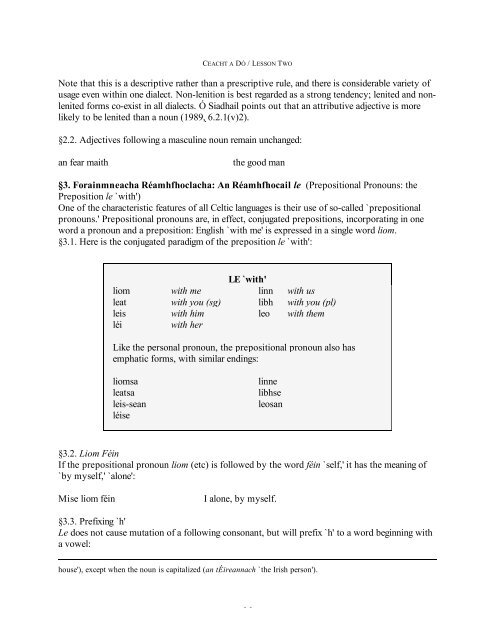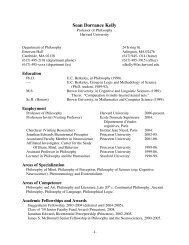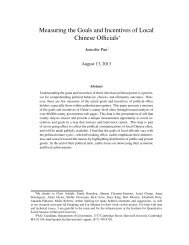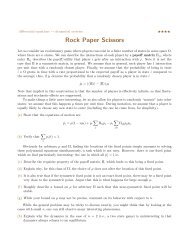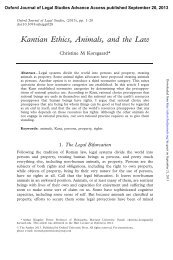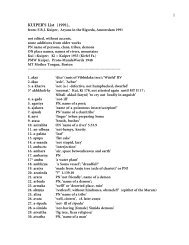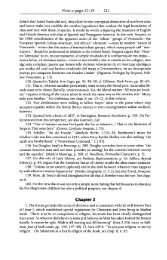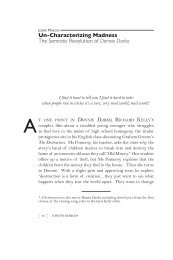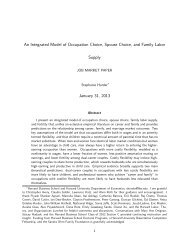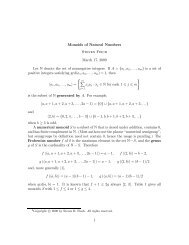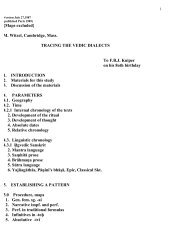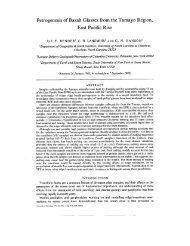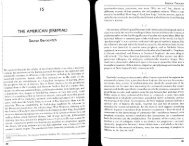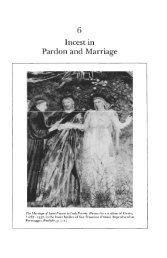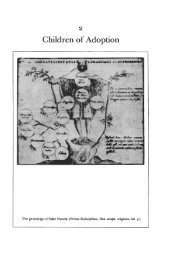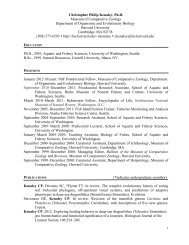Buntús na Gaeilge - People Fas Harvard - Harvard University
Buntús na Gaeilge - People Fas Harvard - Harvard University
Buntús na Gaeilge - People Fas Harvard - Harvard University
You also want an ePaper? Increase the reach of your titles
YUMPU automatically turns print PDFs into web optimized ePapers that Google loves.
CEACHT A DÓ / LESSON TWO<br />
Note that this is a descriptive rather than a prescriptive rule, and there is considerable variety of<br />
usage even within one dialect. Non-lenition is best regarded as a strong tendency; lenited and nonlenited<br />
forms co-exist in all dialects. Ó Siadhail points out that an attributive adjective is more<br />
likely to be lenited than a noun (1989, 6.2.1(v)2).<br />
§2.2. Adjectives following a masculine noun remain unchanged:<br />
an fear maith the good man<br />
§3. Forainmneacha Réamhfhoclacha: An Réamhfhocail le (Prepositio<strong>na</strong>l Pronouns: the<br />
Preposition le `with')<br />
One of the characteristic features of all Celtic languages is their use of so-called `prepositio<strong>na</strong>l<br />
pronouns.' Prepositio<strong>na</strong>l pronouns are, in effect, conjugated prepositions, incorporating in one<br />
word a pronoun and a preposition: English `with me' is expressed in a single word liom.<br />
§3.1. Here is the conjugated paradigm of the preposition le `with':<br />
LE `with'<br />
liom with me linn with us<br />
leat with you (sg) libh with you (pl)<br />
leis with him leo with them<br />
léi with her<br />
Like the perso<strong>na</strong>l pronoun, the prepositio<strong>na</strong>l pronoun also has<br />
emphatic forms, with similar endings:<br />
liomsa linne<br />
leatsa libhse<br />
leis-sean leosan<br />
léise<br />
§3.2. Liom Féin<br />
If the prepositio<strong>na</strong>l pronoun liom (etc) is followed by the word féin `self,' it has the meaning of<br />
`by myself,' `alone':<br />
Mise liom féin I alone, by myself.<br />
§3.3. Prefixing `h'<br />
Le does not cause mutation of a following conso<strong>na</strong>nt, but will prefix `h' to a word beginning with<br />
a vowel:<br />
house'), except when the noun is capitalized (an tÉirean<strong>na</strong>ch `the Irish person').<br />
16


